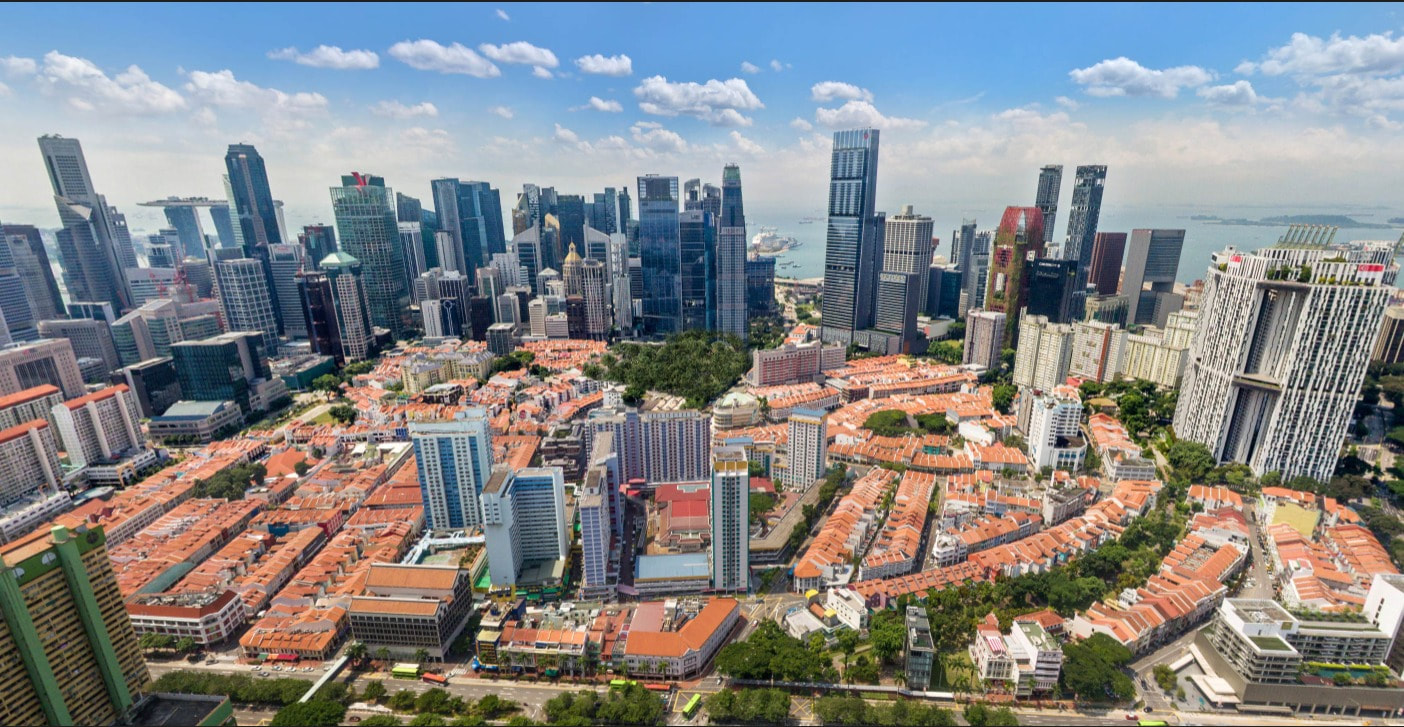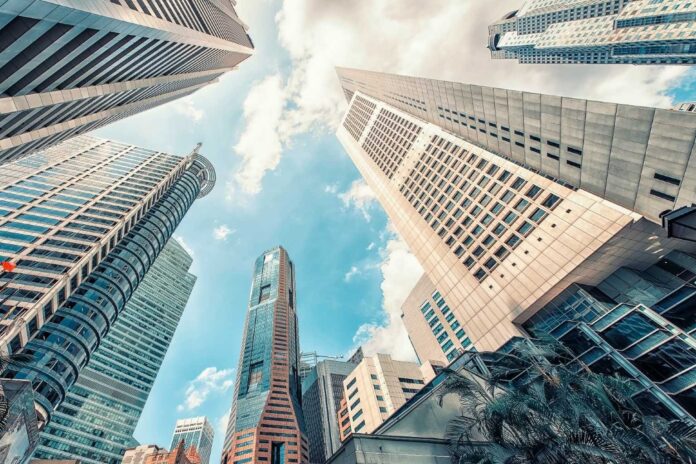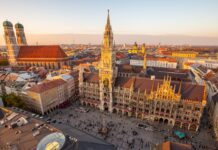Singapore’s property market has long been recognized for its stability and resilience, even amid global economic fluctuations. As 2025 unfolds, the nation continues to attract both local and international buyers who view real estate as a reliable investment vehicle.
The combination of innovation, sustainability, and strong policy direction has positioned Singapore as one of Asia’s leading property markets. Developments such as Robertson Opus illustrate the city’s commitment to luxury, design, and long-term growth—core factors driving the next chapter of real estate evolution.
1. Economic Stability and Urban Transformation

One of the strongest foundations for Singapore’s real estate success is its steady economic performance. Despite global uncertainties, the country’s diversified economy, political transparency, and robust financial sector continue to support investor confidence.
Government initiatives under the Forward Singapore framework aim to strengthen infrastructure, attract foreign talent, and enhance urban living. These long-term strategies not only stimulate economic activity but also sustain property demand across key districts.
At the same time, urban renewal projects such as the redevelopment of Marina Bay and the expansion of the Greater Southern Waterfront create new hotspots for both residential and commercial growth. These developments redefine city living and increase the value of nearby properties—fueling further market expansion throughout 2025.
2. Demand for Sustainable and Smart Developments

Modern buyers are increasingly prioritizing sustainability, wellness, and technology in their property choices. This shift has reshaped how developers approach design and construction, leading to smarter, greener projects across the island.
Projects like Robertson Opus embody this movement by combining luxury with environmental awareness. Features such as energy-efficient materials, natural ventilation, and smart home systems cater to eco-conscious buyers without compromising comfort.
Singapore’s Green Plan 2030 also plays a key role in influencing property trends. Developers who adopt energy-saving technologies and sustainable building practices gain a competitive edge. Buyers, in turn, view such properties as future-proof investments—aligned with both lifestyle goals and global sustainability standards.
This convergence of innovation and responsibility ensures that the market remains relevant and appealing to next-generation homeowners.
3. Foreign Investment and Government Regulation

Foreign investment continues to play an important role in Singapore’s real estate landscape. High-net-worth individuals from Asia, Europe, and the Middle East are increasingly turning to Singapore for its safety, stable currency, and transparent property laws.
However, government cooling measures, including Additional Buyer’s Stamp Duty (ABSD), ensure that demand remains balanced and sustainable. These policies prevent speculative bubbles while maintaining long-term price growth driven by real demand.
Foreign investors are particularly drawn to premium projects in central districts, where limited land supply keeps prices resilient. The result is a market that avoids volatility yet remains attractive for those seeking capital preservation and steady appreciation.
Singapore’s global reputation as a financial hub ensures that its property sector remains a safe, strategic asset class for international buyers well into 2025 and beyond.
Conclusion
Singapore’s real estate market growth in 2025 is fueled by a combination of economic strength, sustainable innovation, and balanced regulation. The city’s ability to adapt to evolving global and local trends ensures that its property sector remains both stable and forward-looking.
Developments such as Robertson Opus showcase how design excellence and smart urban planning continue to shape the future of luxury living. For investors and homeowners alike, Singapore remains a model of confidence—where real estate growth is built not on speculation, but on vision, value, and long-term trust.




